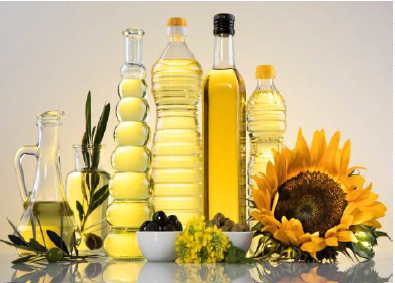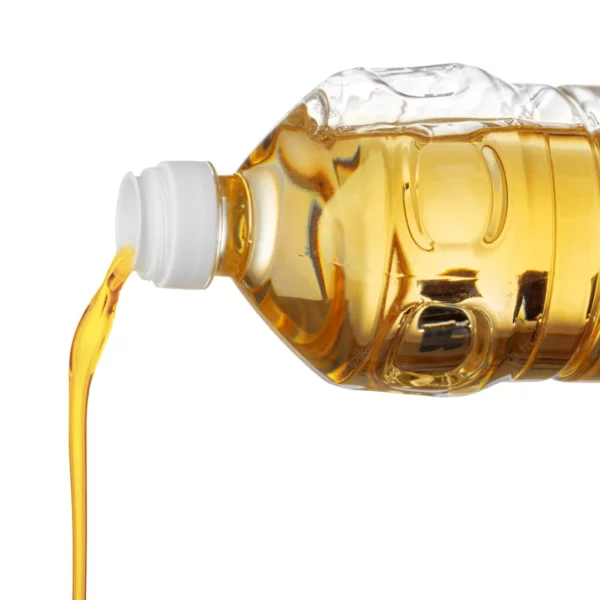DESCRIPTION
TYPES: Refined/ Unrefined Sunflower Oil, Refined/ Unrefined Soybean Oil, Refined Cornoil, Olive Oil, Rapeseed Oil, Palm Oil (Cp8/Cp10)
ORIGIN: Malaysia/Russia/Kazakhstan/Brazil
PAYMENT TERM: SBLC/DLC
Edible oils, extracted from a diverse array of plant and animal sources, play a crucial role in global food systems. They constitute a primary source of fat, contributing to energy intake and essential fatty acid absorption. Their varied applications reach beyond simply frying, extending to baking, dressing salads, and enhancing flavor profiles. Notably, specific oils boast unique nutritional profiles, with some rich in monounsaturated fats for heart health, while others offer antioxidants or a high smoke point for high-heat cooking.
Edible oils are plant, animal, or synthetic liquid fat used in frying, baking, and other types of cooking. It is also used in food preparation and flavoring not involving heat, such as salad dressings and bread dips, and may be called edible oil.
Edible oil is typically a liquid at room temperature, although some oils that contain saturated fat, such as coconut oil, palm oil and palm kernel oil are solid.[1]
There are a wide variety of cooking oils from plant sources such as olive oil, palm oil, soybean oil, canola oil (rapeseed oil), corn oil, peanut oil and other vegetable oils, as well as animal-based oils like butter and lard.
Oil can be flavored with aromatic foodstuffs such as herbs, chillies or garlic. Cooking spray is an aerosol of cooking oil.
World Production


